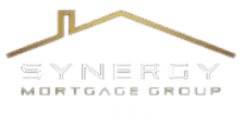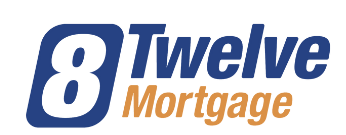Everything You Should Know Before Buying a Home
Thinking About Buying a Home? Here’s What to Know Before You Start
Whether you're buying your very first home or preparing for your next move, the process can feel overwhelming—especially with so many unknowns. But it doesn’t have to be. With the right guidance and preparation, you can approach your home purchase with clarity and confidence.
This article will walk you through a high-level overview of what lenders look for and what you’ll need to consider in the early stages of buying a home. Once you’re ready to move forward with a pre-approval, we’ll dive into the details together.
1. Are You Credit-Ready?
One of the first things a lender will evaluate is your credit history. Your credit profile helps determine your risk level—and whether you're likely to repay your mortgage as agreed.
To be considered “established,” you’ll need:
- At least two active credit accounts (like credit cards, loans, or lines of credit)
- Each with a minimum limit of $2,500
- Reporting for at least two years
Just as important: your repayment history. Make all your payments on time, every time. A missed payment won’t usually impact your credit unless you’re 30 days or more past due—but even one slip can lower your score.
2. Is Your Income Reliable?
Lenders are trusting you with hundreds of thousands of dollars, so they want to be confident that your income is stable enough to support regular mortgage payments.
- Salaried employees in permanent positions generally have the easiest time qualifying.
- If you’re self-employed, or your income includes commission, overtime, or bonuses, expect to provide at least two years’ worth of income documentation.
The more predictable your income, the easier it is to qualify.
3. What’s Your Down Payment Plan?
Every mortgage requires some amount of money upfront. In Canada, the minimum down payment is:
- 5% on the first $500,000 of the purchase price
- 10% on the portion above $500,000
- 20% for homes over $1 million
You’ll also need to show proof of at least 1.5% of the purchase price for closing costs (think legal fees, appraisals, and taxes).
The best source of a down payment is your own savings, supported by a 90-day history in your bank account. But gifted funds from immediate family and proceeds from a property sale are also acceptable.
4. How Much Can You Actually Afford?
There’s a big difference between what you feel you can afford and what you can prove you can afford. Lenders base your approval on verifiable documentation—not assumptions.
Your approval amount depends on a variety of factors, including:
- Income and employment history
- Existing debts
- Credit score
- Down payment amount
- Property taxes and heating costs for the home
All of these factors are used to calculate your debt service ratios—a key indicator of whether your mortgage is affordable.
Start Early, Plan Smart
Even if you’re months (or more) away from buying, the best time to start planning is now. When you work with an independent mortgage professional, you get access to expert advice at no cost to you.
We can:
- Review your credit profile
- Help you understand how lenders view your income
- Guide your down payment planning
- Determine how much you can qualify to borrow
- Build a roadmap if your finances need some fine-tuning
If you're ready to start mapping out your home buying plan or want to know where you stand today, let’s talk. It would be a pleasure to help you get mortgage-ready.
If you would like more information on how this subject matter may affect you, your mortgage or your financial future, please do not hesitate to reach out anytime.






